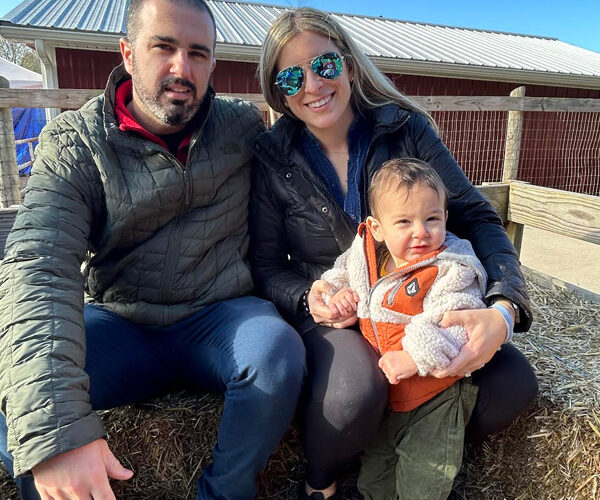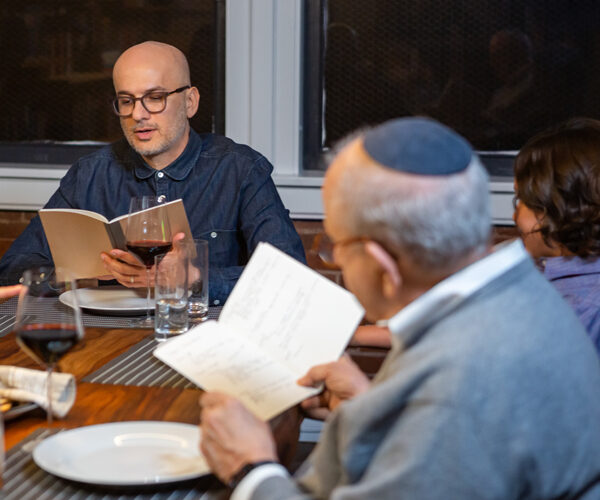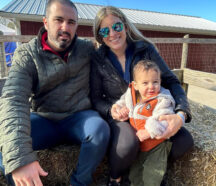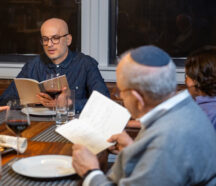By Beth Land Hecht LCSW-C
Jewish Community Services, an agency of The Associated
Senior Manager, Community Engagement
Anxiety Around School Violence and Lockdown Drills
In today’s world, our children are faced with multiple safety and security threats that we never, in our wildest dreams, could have imagined. Of course, there were routine fire drills all throughout my school years and while I can remember as a young child sitting in the hallway of my elementary school during “duck and cover” drills in the event of a nuclear blast, we weren’t exposed to constant reports and images of what that grim reality would actually mean.
But today, the news bombards us with stories related to violent attacks often targeting school children. Parents often struggle with their own reactions to these stressful events and are challenged with the decision of whether and how to discuss what has happened with their children.
Schools are tasked with the tremendous responsibility of implementing safety plans to ensure that staff and students know what to do in the event of an emergency. Most schools now have full-time security personnel or local police officers onsite.
Parents are searching for the tools to help their children cope with these events.
In addition to routine fire drills, public schools are now required to practice lockdown and active shooter drills in preparation for threats of violence. So, not only are our children more exposed to incidents of violence around the world through TV and social media, they are also frequently reminded by drills at school that it could happen to them.
The drills can cause stress for some children; they may become confused or frightened and may worry about their safety or the safety of their friends and loved ones, which is why many experts say there is a delicate (and controversial) balance between preparing students and traumatizing them.
Parents are searching for the tools to help their children cope with these events without causing them to feel anxious and stressed. Here are some suggestions to consider:
- Ask your child’s school to provide information about the types and frequency of drills they conduct and the safety procedures in place. Do they notify parents that a drill is planned or took place? Many schools do communicate this information with parents, but it is not a universal practice. How do teachers explain drills to children? What words or terms do they use?
- Make time to talk with your children after a drill or (G-d forbid) the aftermath of an actual act of school violence to gauge their thoughts and feelings about it – then and now. Let their questions guide the information you share and keep your explanations appropriate to your child’s age and development. Younger children need brief, simple information balanced with reassurance that their school and family want to make sure they are safe and protected. Some children may choose not to talk but may prefer to spend time playing their favorite game or reading their favorite book with you. Take your cues from your child about what they need.
- Observe your child’s emotional reactions. Changes in behavior, appetite or sleep may be signs of distress or anxiety. For most children, these symptoms will subside with reassurance and time. However, some children may be at greater risk for severe reactions than others due to history of loss, trauma, or behavioral health challenges. Parents can help children feel safe by creating and maintaining a normal routine and talking to them about their fears.
- Limit television viewing and other media following a violent event. Exposure to the sights and sounds related to the event can cause anxiety, stress and confusion, especially if it is replaying over and over or if the information is developmentally inappropriate.
- Include your children in creating a home safety plan (www.ready.gov), which may help them feel more comfortable and secure. Even young children can play some part in developing and reviewing it regularly. Some families like to review their plan as part of a routine that includes checking their smoke detectors.
- Seek help if you are at all concerned that your child might be experiencing anxiety. Jewish Community Services has mental health professionals who specialize in working with children and families. www.jcsbaltimore.org 410-466-9200.
Resources:
NASP: National Association of School Psychologists: www.nasponline.org.
Lockdown: Talking to Your Kids About School Violence by Nancy Kislin LCSW 2019 by Highpoint Life.
Subscribe to our newsletter
The Associated is a home for everyone in the Baltimore Jewish community. We offer several email lists to help people find a community, engage with their peers and support Jewish journeys around the world.
Join Our Mailing ListAdd Impact to Your Inbox
Sign up for our newsletter
Subscribe to our newsletter
The Associated is a home for everyone in the Baltimore Jewish community. We offer several email lists to help people find a community, engage with their peers and support Jewish journeys around the world.
Join Our Mailing List









 Please Wait while we loading your video.
Please Wait while we loading your video.